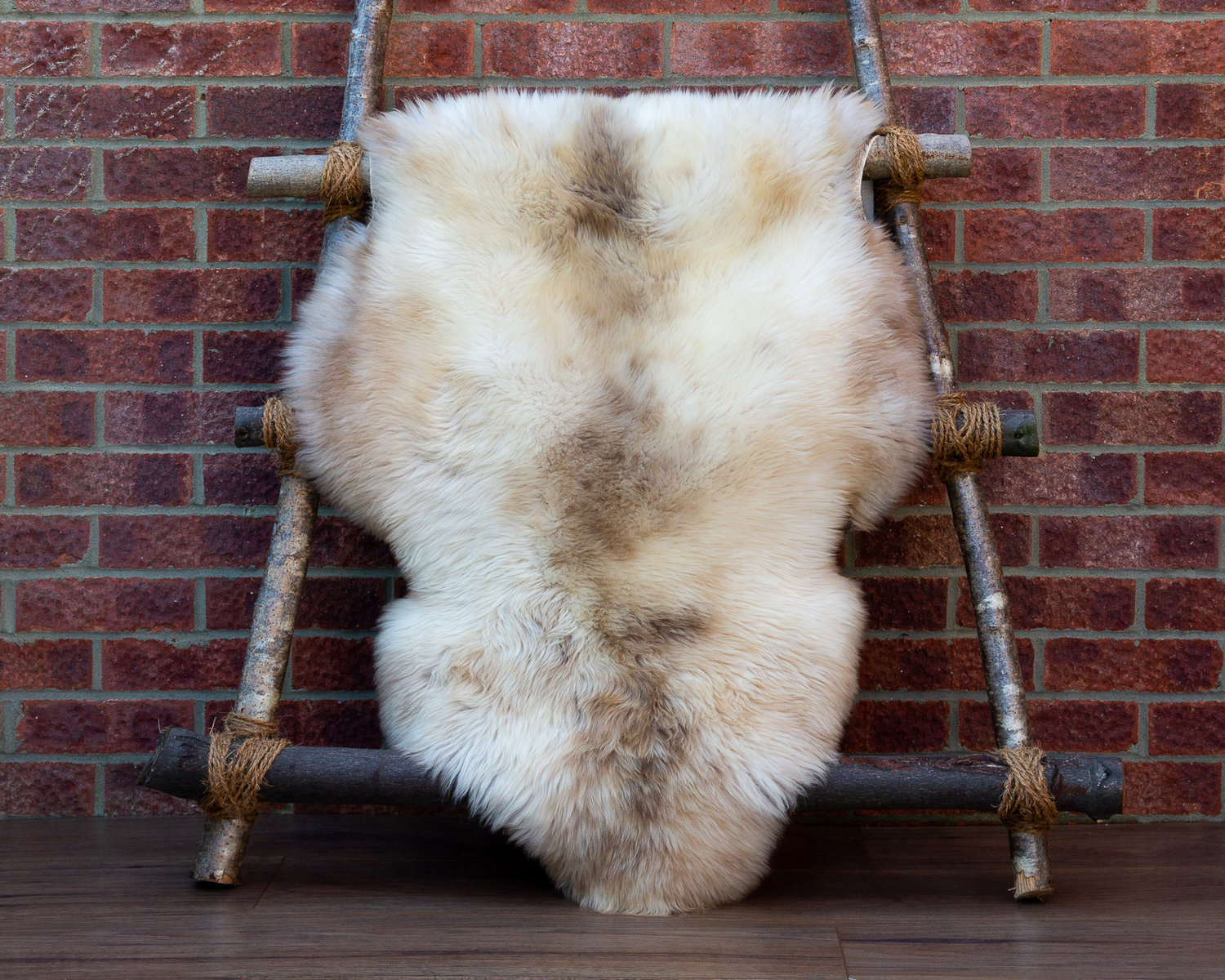Buying and Exporting Tanned Sheep Hides from Kenya: A Guide for the First-time Buyer
Buying and Exporting Tanned Sheep Hides from Kenya: A Guide for the First-time Buyer
The tanning of sheep skins is a traditional practice that has been embedded in many East African communities for generations. It involves preserving the skins and making them last longer and look better by removing their excess oils and fats, leaving behind a more durable, lighter hide. The tanning industry offers many opportunities for businesses looking to export goods. Even though it may initially seem like an obscure niche industry, the global leather, livestock and rawhide market is worth billions of dollars every year. There are several different types of tanned hides available on the market today, each with its own unique properties and uses. This guide explains everything you need to know about buying and exporting tanned sheep hides from Kenya as an importer or supplier.
What is Tanning?
Tanning is the process of removing the natural oils and fats from animal skins to make them last longer, look better and be more durable. It is an ancient process which is still used today. Almost all leather products, from shoes to handbags and furniture, are made from tanned hides. There are three types of tanning methods in use today: Wet blue, semi-wet and dry. While each has its own advantages, methods and challenges, the end results are all the same. The different methods just determine how long the rawhide can take to fully process, and the amount of chemicals used. Wet blue is the most traditional type of tanning, where skins are put in vats filled with a mixture of water, salt and other chemicals to remove their oils and make them durable. Semi-wet tanning is an adaptation of wet blue; skins are put into vats but are taken out of the water before they are fully processed. In dry tanning, skins are put through a series of dryers where they are baked to remove the oils.
What are the different types of tanned sheep hides?
Each type of tanned hide is unique and the end product can vary depending on the amount of time spent in the tannery and the types of chemicals used during the process. This can make choosing the right type of hide a bit confusing. Wet blue hides – These are the most traditional and basic tanned hides. They are often called “green” hides and are usually colored green to indicate that they are freshly tanned. Wet blue hides are the cheapest to produce and sell. Therefore, they usually make up a high proportion of overall global hide production. As they are finished while still wet, they are not as durable as other tanned hides. They are therefore more commonly used for low-end products, such as bags and footwear. Wet blue sheep hides can be exported from Kenya. Semi-wet sheep hides – These are a halfway point between wet blue and dry hides. They are dried in the open air but for a shorter period of time than dry hides. Semi-wet hides are bigger and heavier than wet blue hides. They are typically used for cheaper leather goods, such as belts and bags, and are more commonly used in developing countries. Dry sheep hides – These hides are dried in large ovens for several days before being processed. They are then dyed and treated with various kinds of oils, waxes and other chemicals to make them more durable. Dry sheep hides are used for making high-end leather goods, such as furniture, bags, shoes and other items. Unlike other types of hides, they are usually not dyed, giving them a natural brown color.
Who buys tanned sheep hides?
Tanneries that produce hides will sell them to anyone. Therefore, you don’t need to know who they sell to, just their location. However, different countries have different industries, and therefore many buyers specialize in specific types of tanned hides. Here are some of the most popular places to sell your tanned sheep hides: Australia – Australia has a high-quality sheepskin industry. It imports hides from New Zealand, Argentina and the US, but also buys high volumes from East Africa. Brazil – Brazil is the largest producer of sheepskin. It produces more than 40 million pieces of sheepskin every year, making it one of the biggest importers of tanned sheep hides from East Africa. China – China is the second-largest sheepskin producer in the world, producing over 3 million pieces every year. It imports a large proportion of its sheepskin from Africa and other Asian countries.
How to find and buy tanneries that export to your country?
As with many aspects of business, finding the right tannery to buy your tanned sheep hides from can be a challenging process. The best way to find tanneries that export to your country is to use a sourcing agent. These companies specialize in sourcing products from specific regions and countries and can find the right tanneries for you. They will work with you to identify the type of hides you need, their quantity and quality. You will then receive detailed quotes from several different tanneries. Selecting a tannery to buy your tanned hides from is a critical part of the business. It is important to find a reliable and trustworthy partner who can supply you with quality products on time. When choosing a tannery to buy from, consider the following:
Exporting: The next step!
Once you’ve found a tannery to buy your tanned hides from, it’s time to export them! But before you can do this, you will need to apply for an export license. This is a government permit which allows the importer to send certain goods out of the country. To apply for an export license, you will need to provide proof that you have the necessary health and safety certificates. This is standard practice and means importers must ensure they buy their goods from approved sources. Once you have applied for an export license, there are many ways to transport your tanned hides. For example, you can use a freight forwarder to transport them by air or sea. They will take care of all the customs requirements, paperwork and logistics for you. Alternatively, you can use a shipping line and transport them by land.
Conclusion
The tanned sheep hide industry is worth billions of dollars each year. However, it is a niche industry that many businesses and importers aren’t aware of. This guide explains everything you need to know about buying and exporting tanned sheep hides from Kenya as an importer or supplier. Finding the right tannery to buy your tanned hides from is a critical part of the business.








LEAVE A COMMENT
You must be logged in to post a comment.